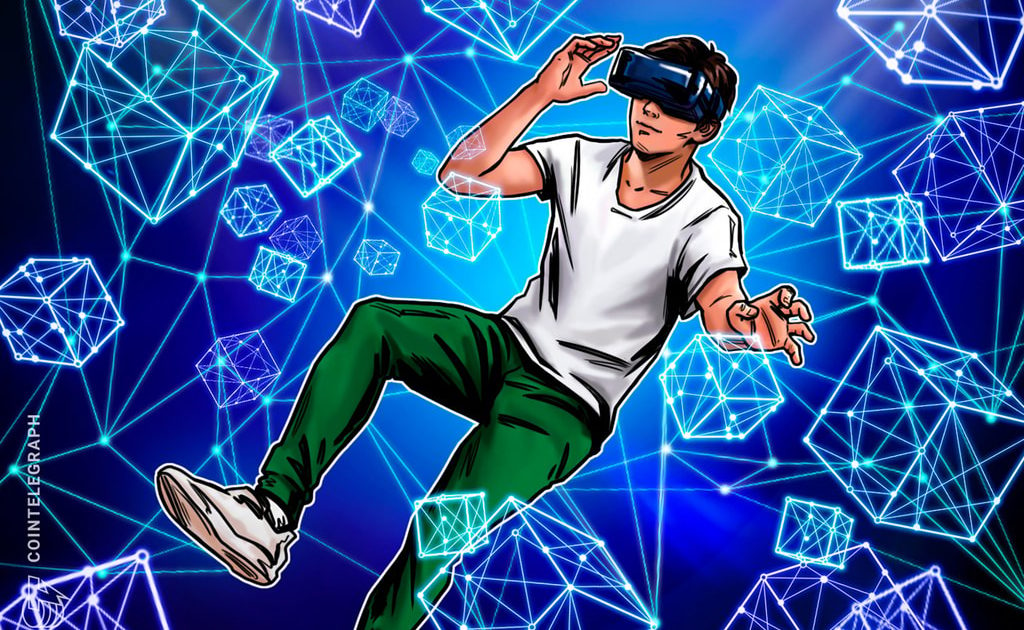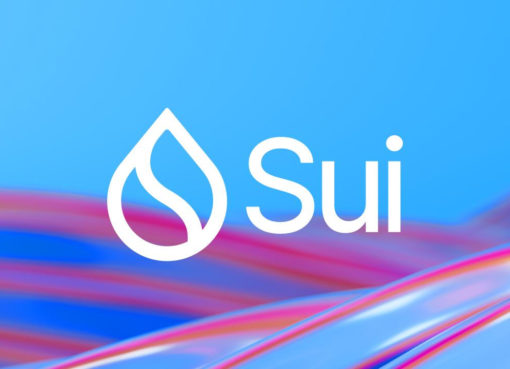As blockchain gaming continues to evolve and become more adopted in entertainment, it’s natural to contemplate the future of the industry.
The future of blockchain gaming is promising and will likely see significant growth in the coming years, including mainstream adoption as more businesses endorse blockchain technology. More traditional game developers may incorporate blockchain technology into their games, leading to increased mainstream adoption.
One primary challenge for blockchain gaming will be overcoming entry barriers for players and organizations. Emerging market players like DeFi Kingdoms, 0xBattleGround and CryptoBeasts are built around DeFi models focusing on decentralization and players’ ownership of in-game assets. This leads to lower barriers to entry for new players and helps increase the overall participation and engagement in the gaming industry.
By granting users more power and ownership over their virtual assets, the use of blockchain-powered NFTs has the potential to influence the future of the gaming sector. Blockchain-based games can employ NFTs to verify players and eliminate bad actors — as demonstrated by 0xBattleGround — making the gaming experience safer and more transparent.
Furthermore, having access to NFTs that stand in for in-game assets enables users to earn money from virtual goods outside the game environment. This might open up new revenue opportunities for users, promoting a more decentralized and fair gaming industry.
As blockchain continues to gain recognition, further technological advancements are expected, enabling even more innovation in the gaming experiences as well. This could include more sophisticated smart contracts, advanced token systems and better integration with other technologies like virtual reality.
Increased interoperability may also be a focus in the future of blockchain-based gaming platforms to allow better communication between game networks. Players can use their assets across multiple games and platforms, creating a more seamless and integrated gaming experience.
Greater integration of blockchain gaming with DeFi would benefit from including more advanced DeFi features in blockchain games, such as staking, yield farming and liquidity provision.
There’s no doubt that the gaming industry has the potential to offer innovative and thrilling new experiences to players — all within a favorable sustainable environment. Will it rise to the challenge of replacing the traditional gaming industry? Only time will tell!




